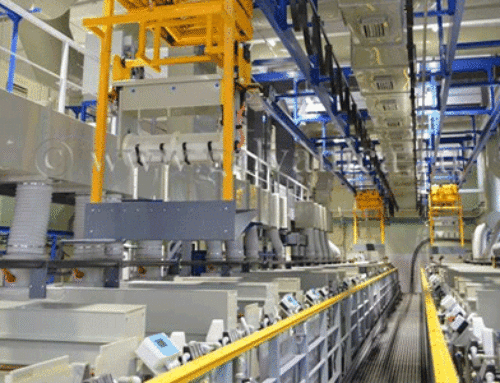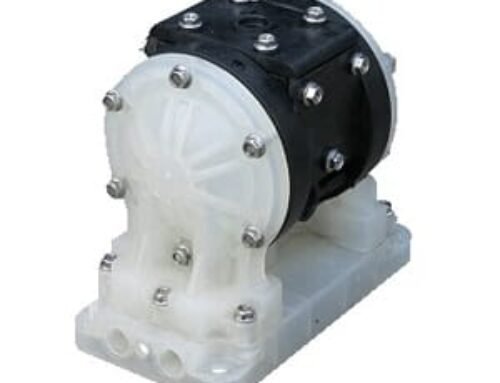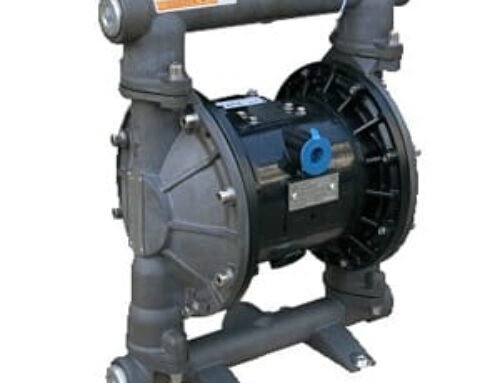An air-operated diaphragm pump, or AODD, runs on compressed air rather than an electric motor. This design offers several advantages over electric pumps, especially in terms of durability, safety, and flexible installation. Here’s how AODD pumps stand out in these areas.
Durability
Air-operated diaphragm pumps are durable because they have fewer moving parts and lack mechanical seals or electric components prone to heat or friction wear. The main wear items, diaphragms and check valves, are easily replaced without full disassembly.
Because AODD pumps use air pressure instead of motors, they do not overheat or suffer from motor burnout, which can happen with electric pumps during heavy use. They can also run dry for long periods without damage, since there are no bearings or seals that need lubrication. This makes them a good fit for industries that handle abrasive, corrosive, or thick fluids.
In tough settings such as chemical plants, mining sites, or wastewater facilities, air-operated pumps usually last longer than electric ones. Their corrosion-resistant build and ability to handle changing conditions help them perform well over time.
Safety
One major benefit of air-operated diaphragm pumps is their built-in safety. Because they run on compressed air, there is no risk of sparks or ignition from electricity. This makes them a safe choice for hazardous areas in industries like petrochemicals, solvents, and paints.
They also ensure complete fluid isolation—the liquid never contacts air or drive components. With anti-static materials and grounding, AODD pumps prevent electrostatic discharge and reduce ignition risk with flammable liquids.
Air-powered systems let you control pressure and flow by adjusting the air supply. This helps reduce wasted energy and mechanical strain, making the system safer and more efficient.
Location Flexibility
Air-operated diaphragm pumps are easy to install because they only need a compressed air line. They work well in remote, wet, or outdoor places where electricity might be unsafe or not available.
This flexibility means you can use them in mobile setups, emergency situations, and temporary jobs like unloading tankers or transferring chemicals. Their small size and light weight make it easy to move or set them up in new locations.
Electric diaphragm pumps require stable power sources and protection systems, often with weatherproof housings. Thus, they are less practical in volatile or mobile settings.
Air-operated diaphragm pumps are more durable, safer, and more flexible than electric models. They do not have electrical failure risks, need little maintenance, and work well in dangerous or remote places. For jobs that require safety and adaptability, air-operated diaphragm pumps are a reliable and efficient choice.






Leave A Comment